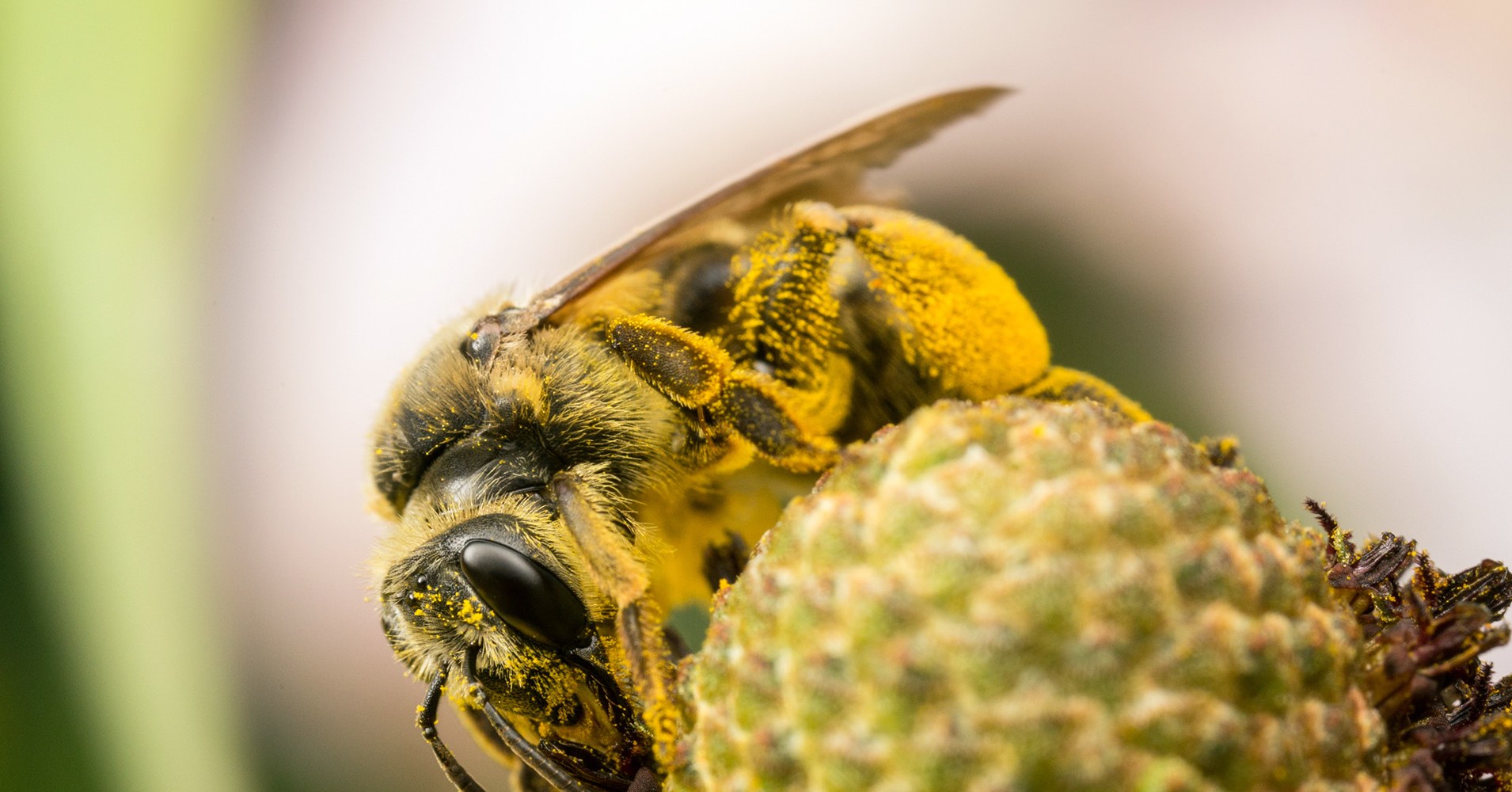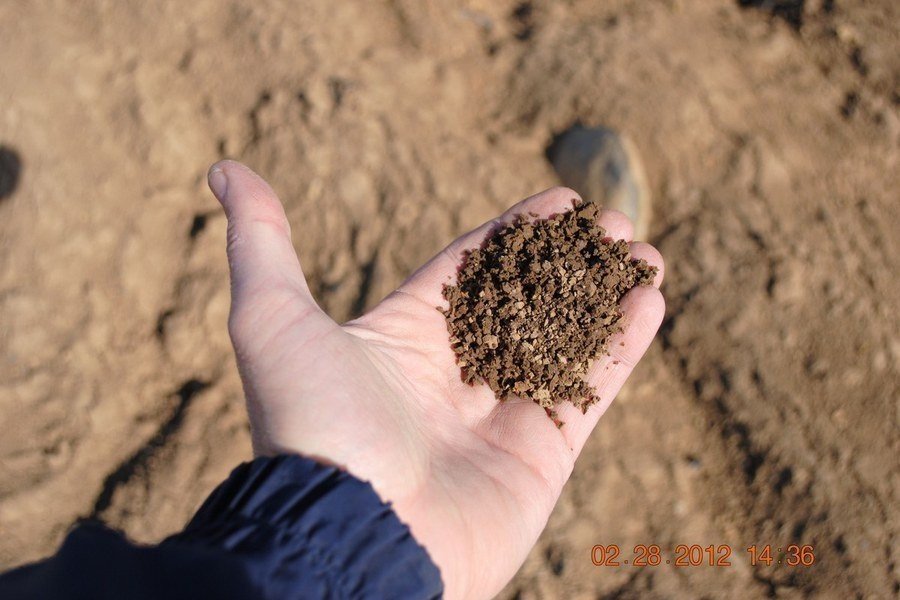 Nancy Kavazanjian
Nancy Kavazanjian
Topics: Soil Health, Agriculture US, Cover Crops,
It's a cold & frosty start top the day here on farm in Wisconsin and our cover crops continue to protect our soil whike providing visual interest th the neighborhood

-
(1)
-
Bookmark
- Comments (1)
10/30/2019 SOURCE: www.news.iastate.edu
-
(0)
-
Bookmark
- Comments. (0)
10/16/2019 SOURCE: practicalfarmers.org
-
(0)
-
Bookmark
- Comments. (0)
10/15/2019 SOURCE: www.pbs.org
-
(0)
-
Bookmark
- Comments. (0)
10/14/2019 SOURCE: www.kcrg.com
-
(0)
-
Bookmark
- Comments. (0)
 Matthew Kroger
Matthew Kroger
Topics: Soil Health, Livestock/Meat, Cover Crops, Vegetables, Beekeeping, Fruit, Stone Fruit,
Many will find this hard to believe because of the conditioning we received... “Managed honey bee colonies supplement the work of natural wild pollinators, not the other way around. In a study of 41 different crop systems worldwide, honeybees only increased yield in 14 percent of the crops. Who did all the pollination? Native bees and other insects. A whole host of little blueberry bees, squash bees, and orchard bees co-evolved with many of our fruits and vegetables. It makes sense they would be good at pollination. In watermelons, native bees do 90 percent of the pollination. Native bees improve fruit production in apples. Native bee pollination creates twice as much fruit as honey bees in blueberries. In tomatoes, native bee species increase fruit production significantly.”

-
(1)
-
Bookmark
- Comments (1)
 Kim Bremmer
Kim Bremmer
Topics: Soil Health, Dairy, Cover Crops, Sustainability,
We continue to learn more about soil health each year. We know that the organic matter in soil provides the main reservoir of nutrients that feed plants. We know the amount of organic matter affects soil's water holding capacity and water availability to plants. And we know that increasing soil organic matter from 1 to 3 percent can reduce erosion 20+%. But how realistic are your yearly goals on building organic matter? It's difficult to be patient, but the data supports the use of no-til, cover crops AND using manure over time. Slow and steady is still great progress!

-
(2)
-
Bookmark
- Comments (0)






